As a person who loves raising livestock, Mr. Vo Huy Hoang (born in 1979, residing in Son Quang village, Duc Lang commune) has experimented with models of raising goats, cows, chickens...
However, realizing that the investment cost was expensive and the economic benefits were not high, in February 2023, Mr. Hoang boldly switched to raising civets with an initial scale of 5 breeding pairs.
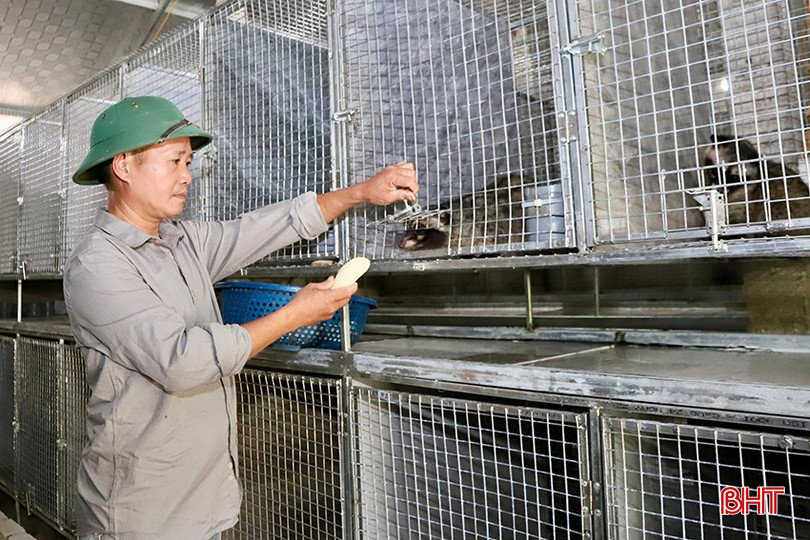
Mr. Hoang shared: “When learning about civets, I realized that this is an animal that brings high economic profits, stable prices, while the care process is not too complicated. Therefore, I decided to learn breeding techniques from acquaintances in Can Loc district, then registered with the authorities to be allowed to raise and granted a farm code. Next, I took advantage of old barns to design additional iron cages to keep civets. The total initial investment cost was about 200 million VND.”
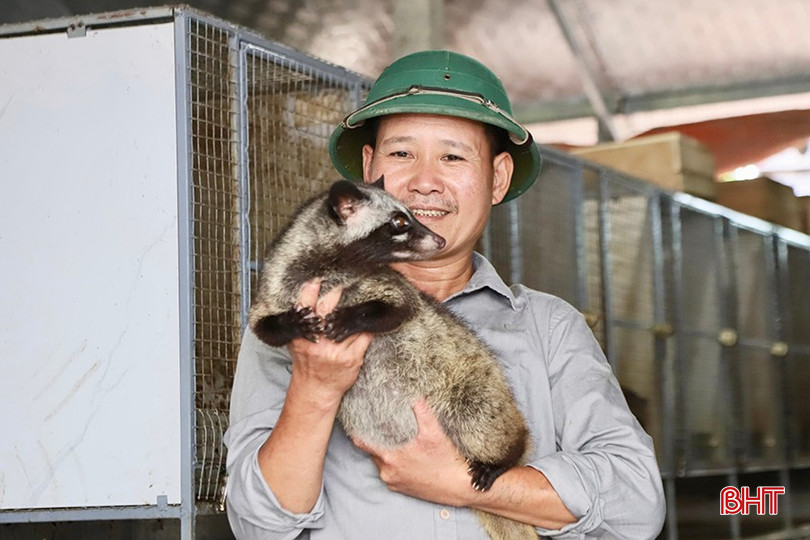
According to Mr. Hoang, civets mainly eat locally available food sources such as bananas, fish, chicken, etc., so the cost of raising them is low. “In order for civets to develop and generate high profits, we pay special attention to the initial breeding stock, choosing those with clear backgrounds, healthy, agile, and disease-free. The construction of the cage must also ensure standards of size, height, and cleanliness. The care process focuses on the amount and frequency of daily feeding; especially, pay attention to disease prevention and treatment because civets are animals that are very sensitive to strange foods and are susceptible to diarrhea,” Mr. Hoang shared.
Currently, Mr. Vo Huy Hoang's civet farming model has multiplied to nearly 200 animals. In 2024, after retaining breeding female civets, the civet farming model will help Mr. Hoang earn an income of more than 150 million VND. It is expected that in 2025, this model will bring Mr. Hoang an income of about 600 - 700 million VND.
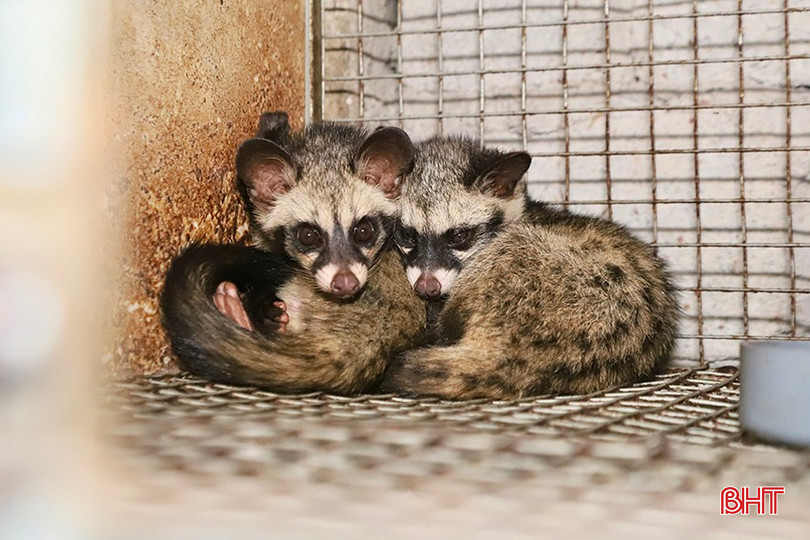
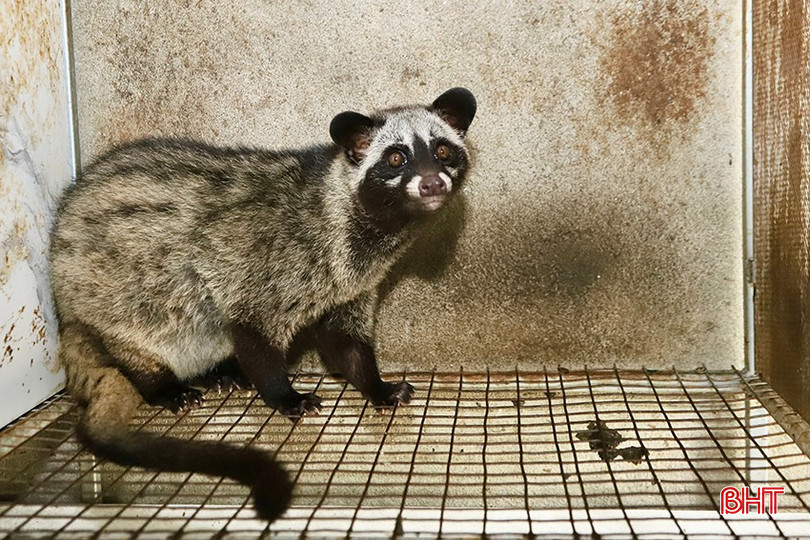
With support from Mr. Hoang in breeding and breeding techniques, in May 2024, Mr. Tran Duc Dung (born in 1968, residing in Vinh Yen village, Duc Lang commune) also invested nearly 1 billion VND to build a barn and buy 30 female minks and 15 male minks for breeding. To date, Mr. Dung's civet herd has reached more than 200, with an estimated total value of more than 1 billion VND.
Mr. Dung said: “Currently, the price of breeding mink ranges from 5 to 30 million VND/pair, depending on the weight and breed of mink. Meat mink is purchased at 1.8 million VND/kg. The market demand for breeding mink and meat mink is very large, however, I am focusing on breeding the herd, not selling too much, striving to reach about 400 mink by the end of this year.”
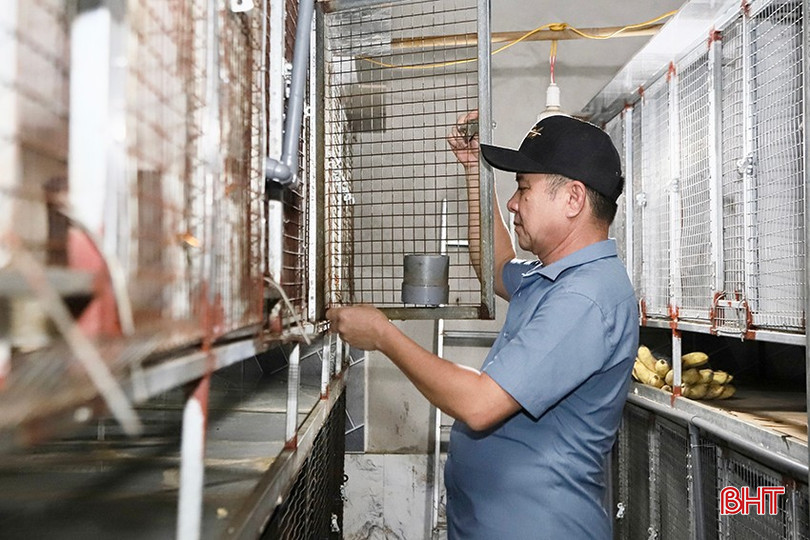
Mr. Dung's mink farming model is currently being invested in modernly with barn designs that ensure technical standards, with automatic watering systems. This is also a facility that provides quality mink breeds to local households when they need to develop the economy with the mink farming model.
Mr. Vo Vinh Tai - Standing Deputy Secretary of the Duc Lang Commune Party Committee shared: "Currently, in Duc Lang Commune, there are 3 mink farming models. At the same time, households are also cooperating with some other households in Hoa Lac and Duc Dong Communes to develop the economy together. Compared to other livestock species, civets are assessed to bring in many times higher income. In the coming time, we plan to expand to 5-7 models so that people can support each other in raising animals, contributing to increasing income. At the same time, the locality actively propagates and guides people to register for livestock breeding licenses and complete related legal procedures and documents."
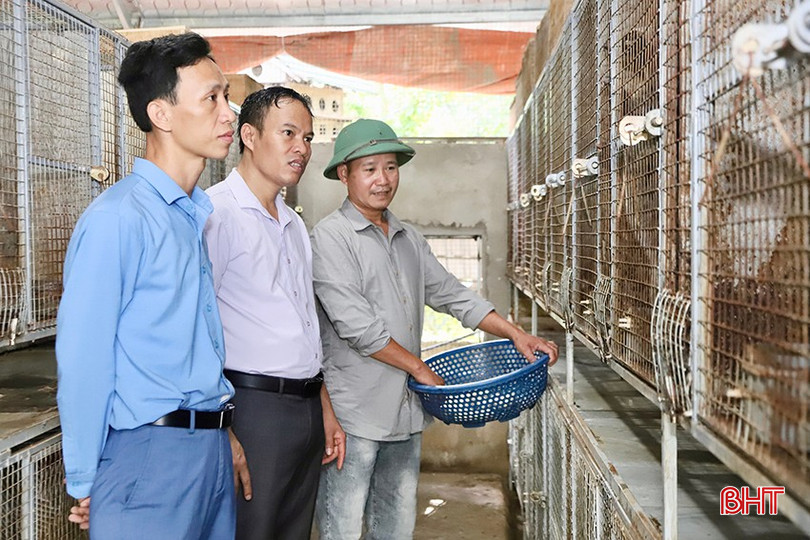
Implementing the project of developing production and increasing income for rural people, especially building income criteria and developing production in the process of building an advanced new rural district, the Duc Tho District Farmers' Association has actively carried out propaganda work and oriented the building of new economic models, contributing to increasing income for people.
Mr. Ngo Ngoc Han - Chairman of the Farmers' Association of Duc Tho district shared: "Civet farming is one of the new models, initially showing high economic efficiency, suitable for land and climate conditions and taking advantage of available food sources in the locality. The whole district currently has 6 civet farming models concentrated in Duc Lang, Hoa Lac and Duc Dong communes. Thanks to the process of linking from breed selection, sharing of breeding techniques to output product consumption, the models have all developed well, civets reproduce regularly, and the number is increasing. In the coming time, we will continue to give suggestions to new commune-level administrative units to mobilize people to participate, register for licenses, thereby contributing to diversifying livestock and increasing income for local people".
Source: https://baohatinh.vn/lien-ket-nuoi-chon-huong-giup-nguoi-dan-duc-tho-nang-cao-thu-nhap-post290408.html




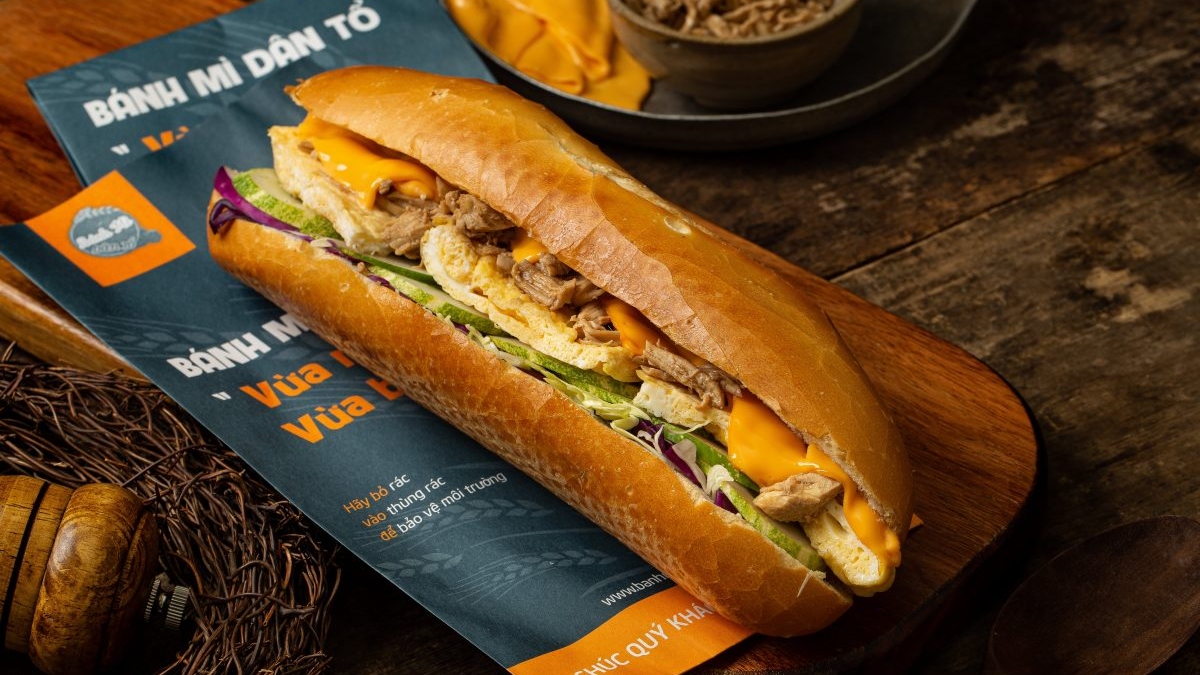









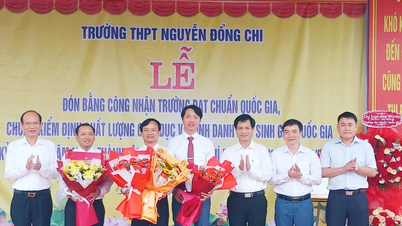



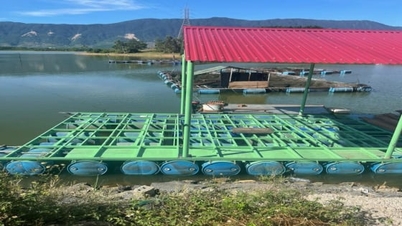

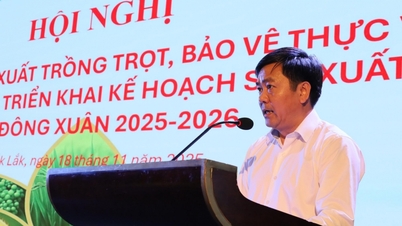















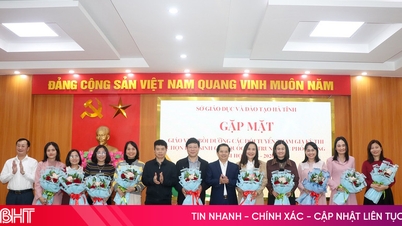



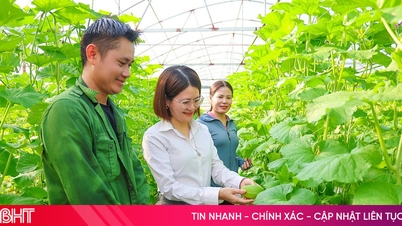


![[Photo] General Secretary To Lam and National Assembly Chairman Tran Thanh Man attend the 80th Anniversary of the Traditional Day of the Vietnamese Inspection Sector](https://vphoto.vietnam.vn/thumb/1200x675/vietnam/resource/IMAGE/2025/11/17/1763356362984_a2-bnd-7940-3561-jpg.webp)



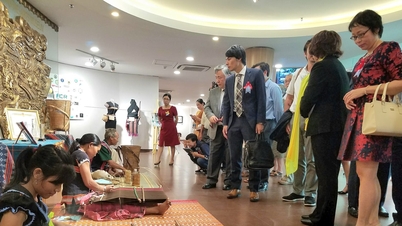










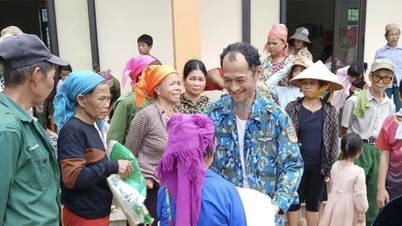










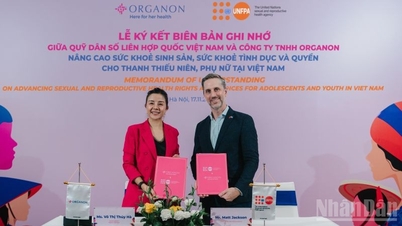












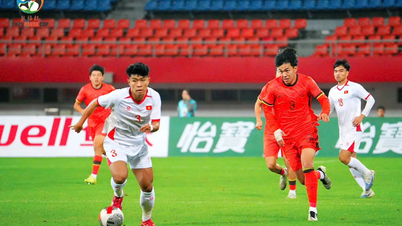












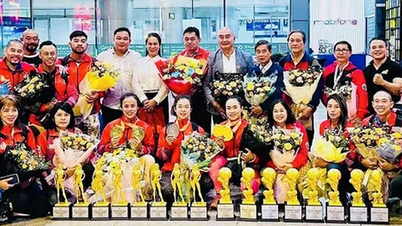














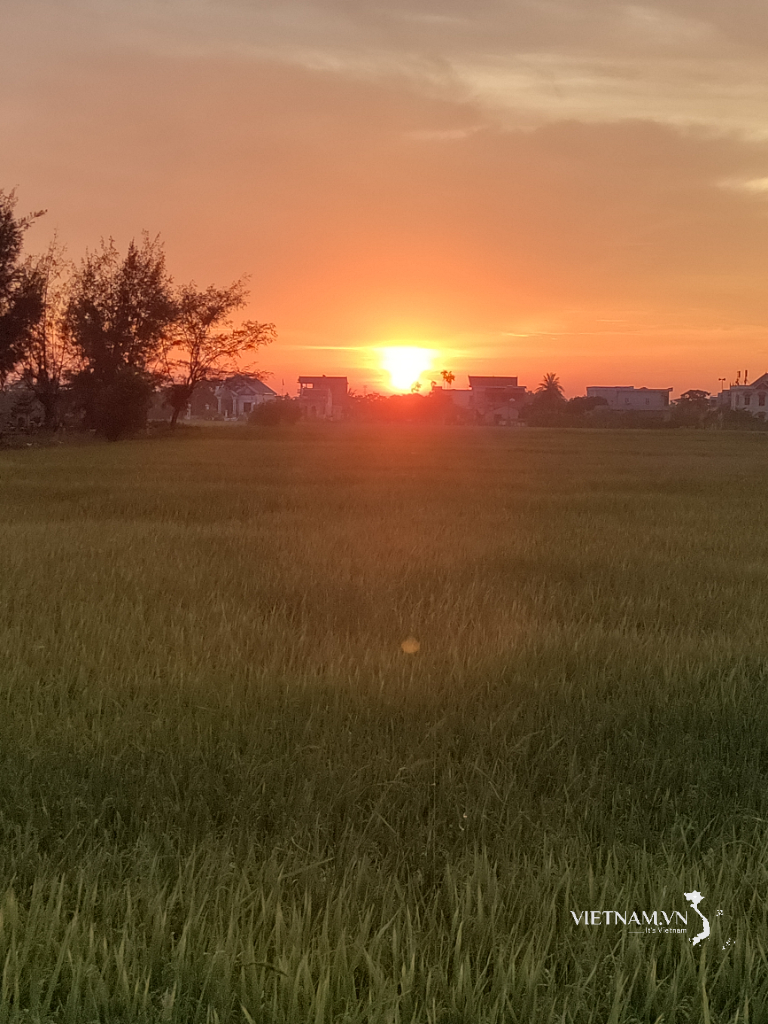

Comment (0)